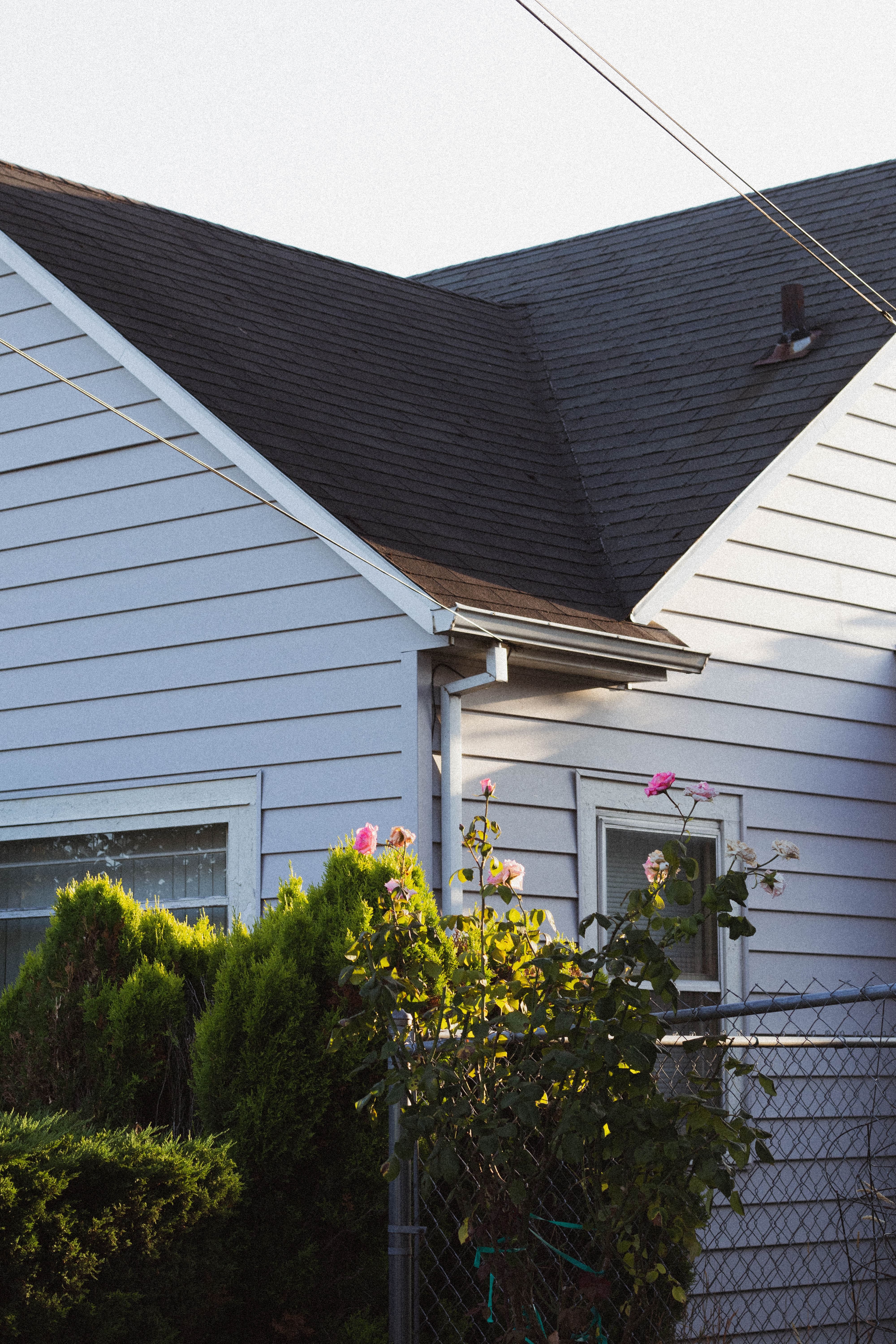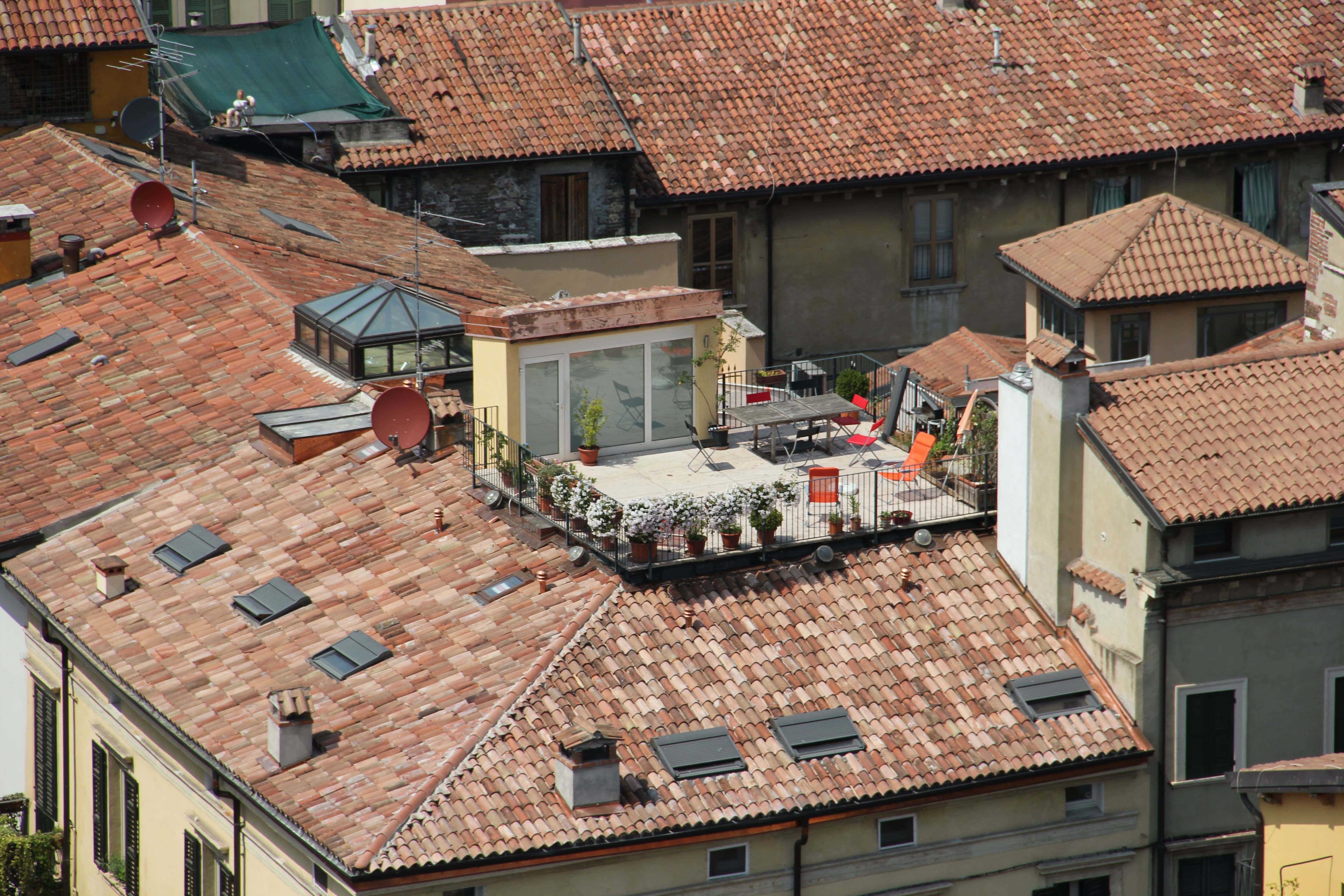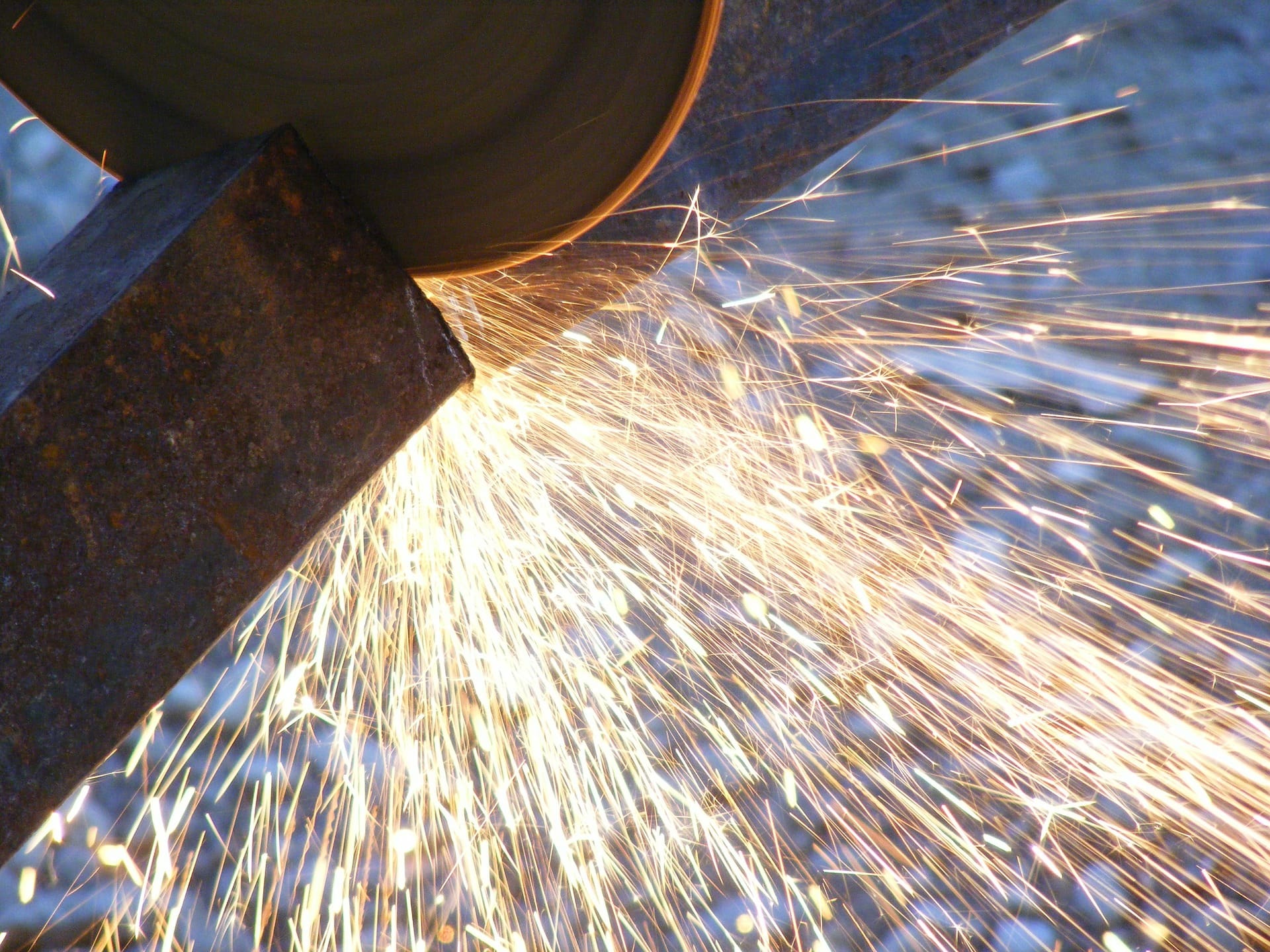Creating a smooth and consistent airflow in the attic is of pivotal importance for ensuring overall safety, lifespan, and protection of your home’s roofing system. Proper flow of air would help in keeping the attic drier in winter and cooler in summer. You could effectively lower ice dam risks and reduce energy consumption by effectively preventing heat buildup in your attic region.

As per https://www.washingtonpost.com, the constant movement of air through your attic could help in preventing mold growth. Old homes generally, did not have the mold issues because they were quite drafty and moisture in the form of water vapor would be constantly transferred outdoors or the moisture got evaporated off the existing sheathing surfaces so mold did not get the right condition to breed. If you are looking to boost air ventilation in your new home, you may contact expert roofers at Honest Abe Roofing Birmingham.
Roof Ventilation is a Must
A moisture-laden roof could trigger a host of issues right from mold growth to curled shingles. Effective attic ventilation would help in extending the lifespan of the roofing system simply by facilitating the necessary airflow. Right ventilation promises many benefits.
- It helps in eliminating moisture from your attic space. Perfect airflow would be drying out your attic all year round and prevent condensation thus, cutting down drastically the risk of moisture-associated problems like mold growth and wood rot.
- Perfect airflow through your attic could help in balancing snow accumulation. In regions where snowfall is quite common, proper ventilation could help in preventing heat buildup in the attic area and even prevent the melting of snow. You should safeguard your roof against ice dams that could seriously damage your home and roof. Consistent airflow would result in the accumulation of snow in the form of a sheet on your home’s roof.
- Helps in keeping your home cooler during the warm summer months. Consistent airflow could control heat buildups in the attic space thus, keeping the entire house relatively cooler than expected. Consistent ventilation could reduce your energy bills by effectively lowering the average attic temperature and making your house more cozy and comfortable.
- Helps in preventing water leaks. In this context, you must realize that an unventilated or poorly ventilated attic could lead to a lot of condensation that could be soaking thru the insulation while triggering a leak in the existing ceiling below.

Types of Vents for Effective Roof Ventilation Systems
- Static vents are supposed to be effective horizontal openings generally, vent-covered holes present in your roof and they allow consistent air movement. Special covers are present to stop all forms of precipitation- sleet, rain, and snow from getting into the attic.
- Ridge vents would be running all along your roof’s peak. This kind of vent would be providing an external baffle for boosting the overall airflow and safeguarding your house from snow and rain. These are almost hidden from view and even camouflaged with the help of specially-ridged shingles. Ridge vents are extremely popular since they are responsible for creating absolutely no disruption to your roofline.
- Gable vents are generally, inserted at the ends of your attic and could be used along with some other types of vents. They help in adding more consistency and control to your home roof ventilation system.

Conclusion
Remember to get your home’s roof ventilation system inspected by professional roofers every few years while you are getting your roof examined. Get it inspected so that you could identify or detect weather damage like loose vents, cracks, missing or broken tiles around vents. Keep looking for things that may obstruct or block the vent like some sort of debris and leaves.







